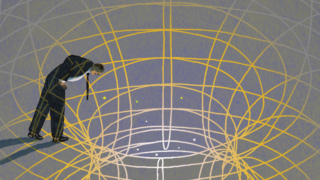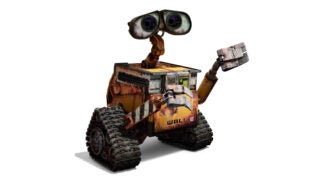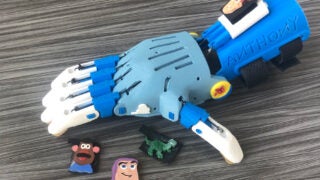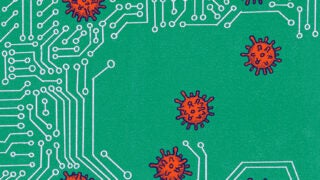Artificial intelligence can solve many problems — while creating new ones.
Emerging Technology
News Listing
From dance to linguistics, drama and law, the power and potential of AI and advanced computing are changing the academic landscape at USC.
USC experts on loving, fearing and possibly even merging with AI.
Together, computer scientists and clinicians are designing AI solutions to improve surgical training and create better patient outcomes.
A team led by USC Viterbi researchers has discovered millions of “privacy leaks” on the mobile social payments app.
California approved regulations banning the sale of new gasoline-powered cars and trucks by 2035, an action aimed at addressing climate change that could speed the nation’s transition to electric vehicles. How will incentives from the Inflation Reduction Act affect the hot electric vehicle market? USC Assistant Professor Hovig Tchalian weighs in.
Many people don’t even know what an NFT is (it’s a “non-fungible token”) or how to buy one. This Trojan startup aims to take care of that.
USC students’ creative work helps young Children’s Hospital Los Angeles patients with limb differences lead fuller lives.
USC scientists use smart machines to treat and cure disease, build safer cars and much more.
Meet the digital creators who are using tech to make us feel a little more human.








